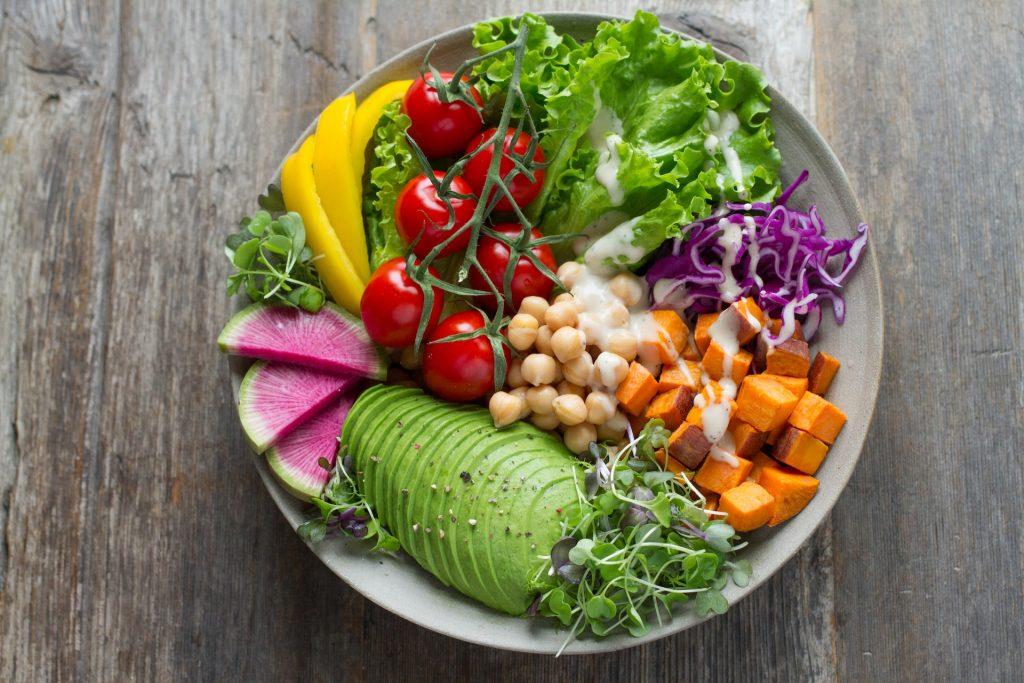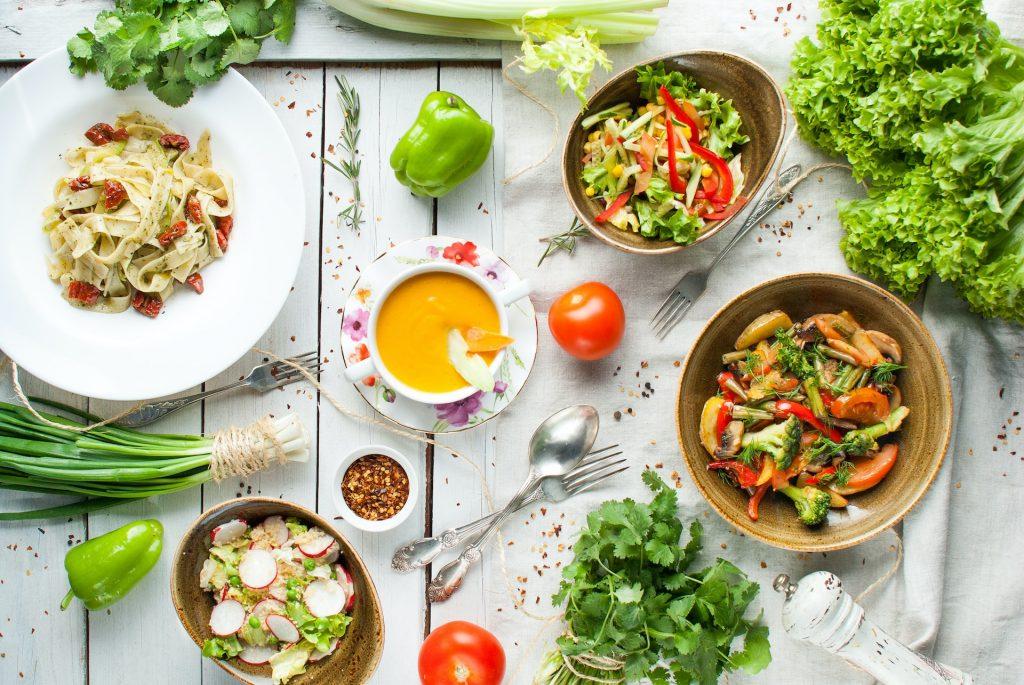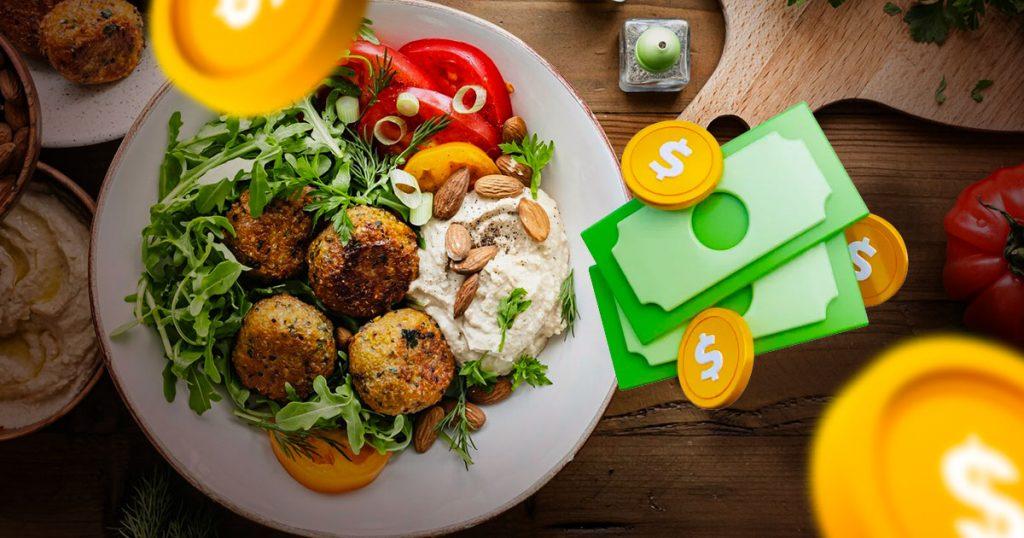When contemplating the transition to a vegan lifestyle, one of the prevailing concerns that often arises is the perceived high cost associated with vegan food. Many individuals contemplating veganism are concerned that it will break the bank, making them question, “Why is vegan food so expensive?”
In this discussion, we’ll delve into the economics of veganism and explore whether these apprehensions hold water. Is veganism genuinely an expensive dietary choice, or are there strategies to make it more affordable? To address this, we’ll examine the factors that contribute to the perceived expense of vegan food and provide practical insights on how to navigate a cost-effective vegan journey.
Why Go Vegan?
Before we dive deeper into the economics of veganism, it’s essential to revisit the motivations behind choosing a vegan lifestyle. Embracing a vegan lifestyle is not merely a dietary decision; it represents a deliberate choice to effect positive change on various levels:

- Ethical Considerations – A significant number of individuals adopt veganism as a means to protest animal mistreatment. By refusing to consume animal products, vegans help reduce the demand for practices that exploit and harm animals, such as factory farming and unnecessary animal testing.
- Environmental Responsibility – The environmental impact of animal agriculture is substantial. Veganism is linked to deforestation, greenhouse gas emissions, and the exhaustion of natural resources. Opting for a vegan lifestyle decreases one’s carbon footprint and advocates for a more sustainable Earth.
- Health and Wellness – Multiple research findings indicate that adopting a properly balanced vegan diet can result in enhanced health benefits. It can help manage weight, lower the risk of heart disease, reduce the chances of certain cancers, and even enhance overall longevity.
- Global Food Security – The production of plant-based foods typically demands fewer resources compared to the cultivation of livestock. Shifting towards a vegan diet can help alleviate global food security concerns by making more efficient use of agricultural land and water.
- Biodiversity and Wildlife Preservation – The growth of animal farming frequently results in deforestation and the destruction of natural habitats, posing a threat to wildlife. By supporting plant-based diets, we can help protect and preserve diverse ecosystems and their inhabitants.
- Compassionate Consumerism – Choosing veganism is a powerful way to align your values with your consumption. It’s a conscious effort to make choices that reflect compassion for animals, the environment, and global food equity.
Is Veganism Expensive?
Before we explore the reasons behind the perception of expensive vegan food, let’s address the fundamental question: Is veganism genuinely more expensive? The response is mainly influenced by the decisions you undertake. Veganism, when approached thoughtfully, doesn’t have to break the bank.
The foundation of a vegan diet often consists of affordable staples like grains, legumes, fruits, vegetables, and nuts. These items are typically more budget-friendly than their animal-based counterparts. A study by Kantar (commissioned by Veganuary) revealed that, on average, vegans spend 40% less on groceries than their meat-eating counterparts. This cost-saving benefit primarily arises from a focus on whole, unprocessed foods.
Why Is Vegan Food So Expensive?
While a whole-food, plant-based vegan diet can be cost-effective, the perception that veganism is expensive is not entirely baseless. Several factors contribute to this notion:
- Processed Vegan Alternatives – A significant contributor to the perceived high cost of veganism is the popularity of processed vegan alternatives. Products like faux meats, cheeses, and specialty snacks are often more expensive than their animal-derived counterparts. The complex production processes and specialized ingredients used in these alternatives result in higher price tags.
- Organic and Local Preferences – Many vegans opt for organic and locally sourced products, which tend to be pricier due to their labor-intensive production and lower yields. Supporting small-scale, local producers, while commendable, can also lead to higher costs.
- Supply and Demand – The growing demand for vegan products has not always led to an equivalent increase in supply. The limited availability of vegan options in some areas can drive up prices due to their specialty status.
- Specialty Dining – Vegan options at restaurants, particularly upscale ones, can sometimes be more expensive. The intricate preparation, unique ingredients, and complex dishes contribute to higher menu prices.
What Can You Do About It?
While the perception of expensive vegan food is not entirely unfounded, there are practical steps you can take to address this concern and enjoy an affordable vegan lifestyle:

1. Prioritize Whole Foods
Embrace whole, unprocessed foods like grains, beans, and seasonal produce as the core of your vegan diet. These are often more cost-effective and nutritious than processed alternatives.
2. Cook at Home
Cooking your own meals is a highly efficient approach to managing expenses. Cooking from scratch allows you to use affordable ingredients and avoid restaurant markups.
3. Buy in Bulk
Purchase staple items in bulk to take advantage of cost savings and reduce waste. Grains, legumes, and canned items have a long shelf life.
4. Plan Your Meals
Developing a meal plan and a shopping list can assist you in purchasing just the necessary items, minimizing food wastage, and achieving long-term cost savings.
5. Explore Affordable Brands
Many budget-friendly brands offer vegan products at lower prices. Feel free to investigate various alternatives to discover cost-effective selections.
6. DIY Vegan Alternatives
Instead of relying on expensive processed vegan alternatives, consider making plant-based substitutes like nut milk, veggie burgers, and vegan cheese at home.
7. Support Local Markets
While local and organic products can be pricier, consider supporting local farmers’ markets and cooperatives, where you may find affordable options.
8. Dine Smart
When dining out, explore restaurants that specialize in plant-based cuisine or offer affordable vegan options. Avoid high-end establishments that might charge a premium for specialty dishes.
Being A Vegan Doesn’t Have To Be Expensive
In conclusion, the perception that veganism is expensive is not unfounded, but it can be mitigated through thoughtful choices and strategic planning. Embracing whole, unprocessed foods, cooking at home, and purchasing staples in bulk can significantly reduce the cost of being a vegan. While there are higher-priced options in the world of veganism, a well-planned approach can make a vegan lifestyle affordable and accessible to all, aligning with the core values of compassion, sustainability, and health that drive the vegan movement. Remember, being a vegan doesn’t have to be expensive; it can be an economical and fulfilling choice that benefits animals, the environment, and your well-being.
